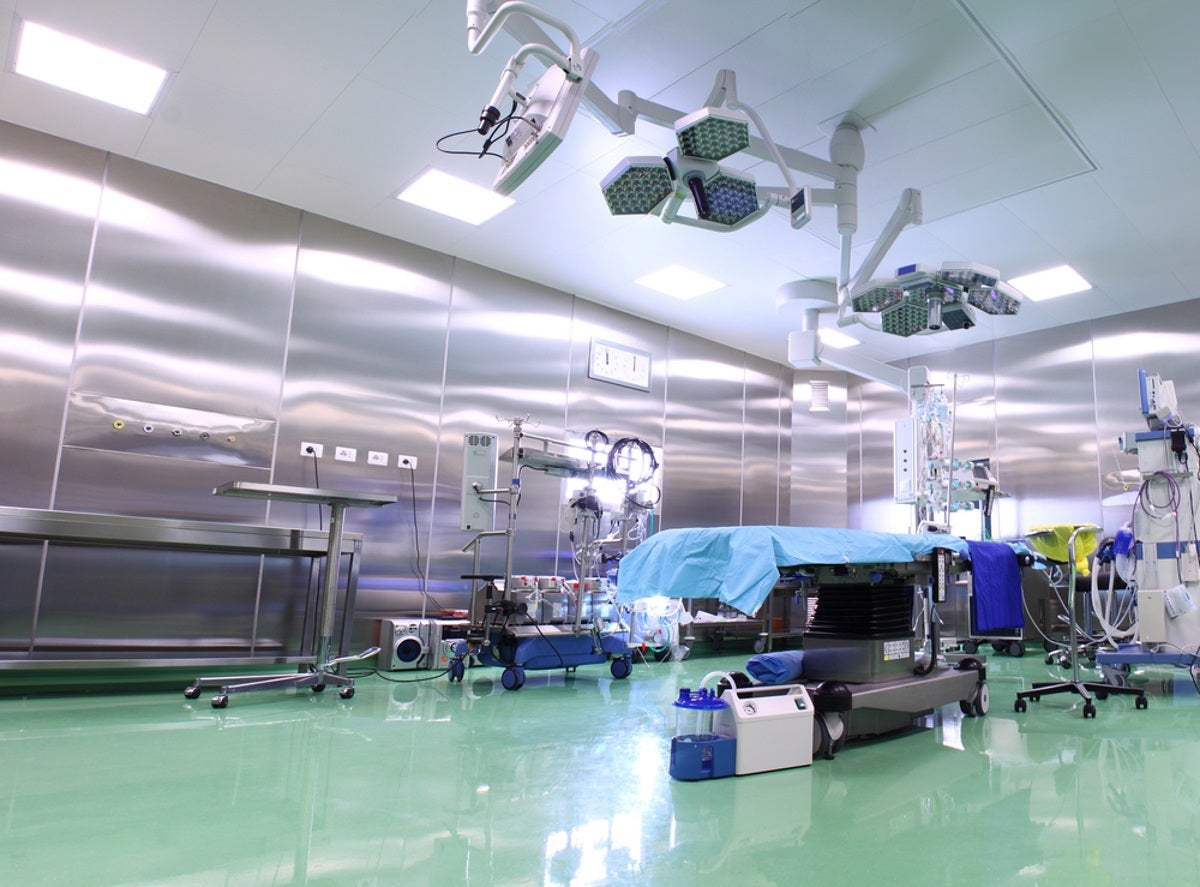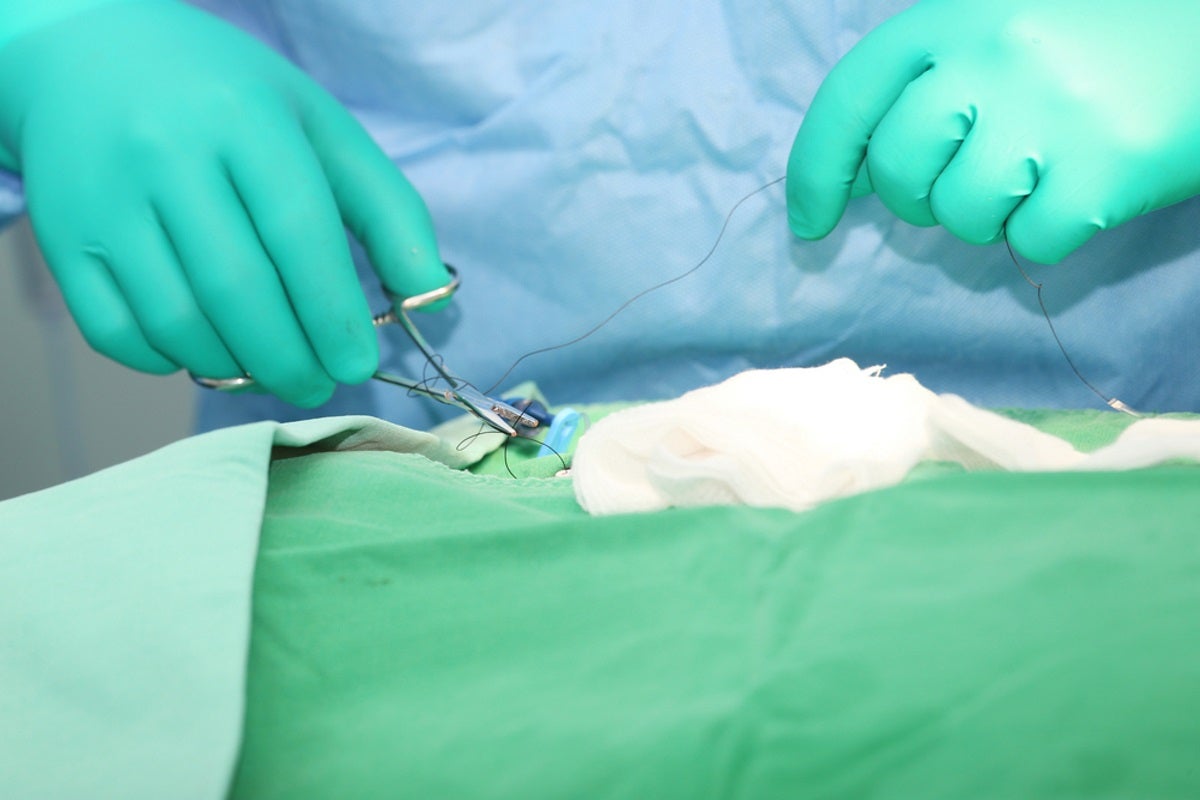Adhesion Surgery (Adhesiolysis) Information
Bands of scar tissue that bind organs and tissues together are called adhesions. They can form following surgery, infection, trauma, or any other activity that creates inflammation. Cancer treatments and conditions such as endometriosis can also lead to the formation of ahesions. When adhesions negatively impact quality of life or cause chronic symptoms, surgery may be necessary.
While adhesions are typically asymptomatic, they can also cause pain, intestinal issues, cramping, bloating, vomiting, pain with intercourse, or even bowel obstruction. If your symptoms are intense and non-surgical options are not effective for managing symptoms, surgery may be necessary to remove the existing adhesions and free the organs and tissues involved.
Adhesiolysis is the procedure to cut and release adhesions. It can be done with a laparoscopy or during alaparotomy, though the less invasive the surgery is, the less risk there may be for the formation of new adhesions. Unfortunately, surgery to remove adhesions can allow for the formation of new adhesions, so it is important to work with a knowledgeable and skilled surgeon when seeking surgical treatment for adhesions. Knowledgeable surgeons can use special techniques, tools, and/or adhesion barriers to try to prevent the formation of new adhesions. Your surgeon may also give you special recovery instructions to try to minimize the formation of adhesions during the healing process.
Recovery from adhesiolysis will depend on a number of factors such as how the surgery was done, extensiveness of the surgery, and the organs involved. A laparoscopic procedure done by a skilled surgeon may allow you to have an outpatient procedure and return to normal activity within 1–2 weeks.
Risks of adhesiolysis can include the formation of new adhesions, injury to underlying structures, infection, and bleeding issues. In addition, reactions to anesthesia or medications may occur.
Before deciding to undergo adhesioloysis, it can be beneficial to seek a second opinion and carefully weigh all of your pros and cons. Surgery to treat adhesions can result in new adhesions and repeat surgeries, so when possible, alternatives for managing symptoms may be advisable.
Browse through the HysterSisters Separate Surgeries Articles with information articles and resources for surgeries related to GYN health beyond hysterectomy.
This content was written by staff of HysterSisters.com by non-medical professionals based on discussions, resources and input from other patients for the purpose of patient-to-patient support. Reprinted with permission: Adhesion Surgery (Adhesiolysis)







